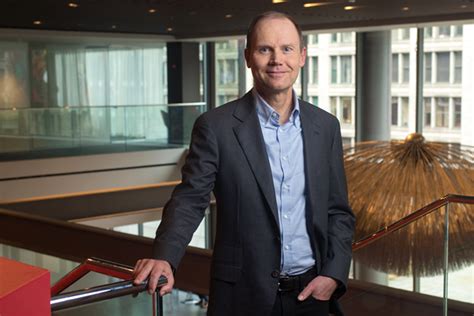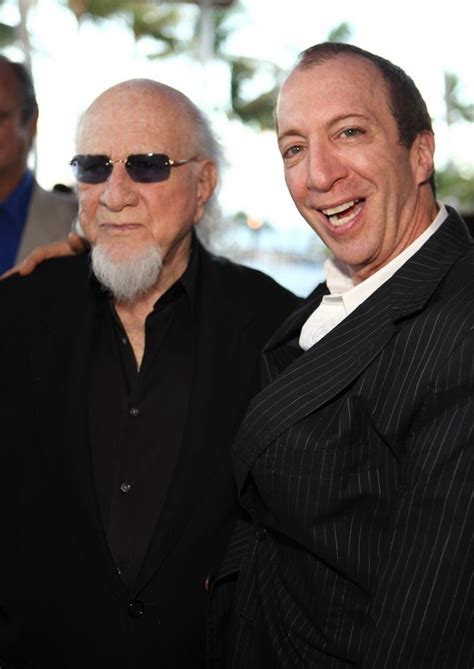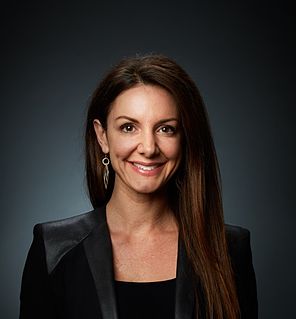A Quote by Henry Ford II
In seeking to serve social needs because it makes good business sense to do so, a corporation is doing what it knows how to do best.
Related Quotes
Doing business is all about providing a good product or service to your customers. A good businessman is he who knows that what is successful today may not be so tomorrow. Technology changes so fast, and so do people's needs and wants. That's why it would do well for a businessman to know how to adapt to change. He must constantly reinvent the business, or it won't last.
How do I think of you? As someone I want to be with. As someone as young as me, but "older," if that makes sense. As someone I like to look at, not just because you're good to look at, but because just looking at you makes me smile and feel happier. As someone who knows her mind and who I envy for that. As someone who is strong in herself without seeming to need anyone else to help her. As someone who makes me thinks and unsettles me in a way that makes me feel more alive.
No doubt exists that rent seeking in general leads to serious inefficiencies in this direct sense, but its indirect damage is even worse. Drawing the bulk of intelligent and energetic people in society into activity that has no social product, or may have a negative social product, is more important in explaining the stagnation of these societies than the direct social cost of the rent seeking.



































